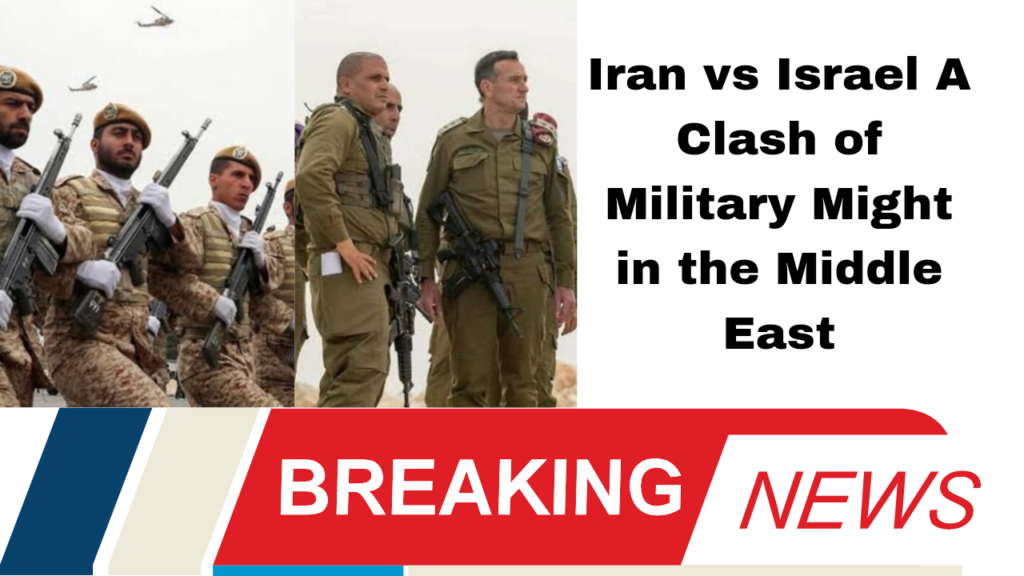Tensions between Iran and Israel have escalated recently, with Iran reportedly firing over 200 missiles at Israel in retaliation for the killing of Hezbollah chief Nasrallah. This event prompts an examination of the military capabilities of both nations to assess whose army is stronger.
Iran boasts a population of approximately 87.6 million, significantly larger than Israel’s population of around 9.04 million. This demographic advantage is reflected in Iran’s military personnel, which includes around 580,000 active soldiers and an additional 200,000 trained reserves. In contrast, Israel’s armed forces consist of about 169,500 active personnel, but the country maintains a robust reserve system with around 465,000 reservists.
Ground Forces and Equipment
When it comes to ground military strength, Iran has a notable edge in tank numbers, possessing 1,996 tanks compared to Israel’s 1,370. However, Israel’s tanks, including the advanced Merkava series, are considered more modern and effective.
Air Power
Air superiority is critical in modern warfare, and here Israel excels. With a total of 612 fighter jets, including advanced models like the F-15S and F-16S, Israel has a technological advantage. Iran operates 551 fighter planes, but many are older models lacking the capabilities of Israel’s fleet.
Naval Capabilities
Both nations have limited naval forces, but Iran has a strategic advantage with its fleet of small boats (67) and submarines (19), allowing for asymmetric warfare tactics. Israel’s naval forces include 101 boats and five submarines.
Missile Arsenal
Iran holds the largest stockpile of ballistic missiles and drones in West Asia, including medium-range ballistic missiles capable of reaching targets up to 2,000 kilometers away. This extensive missile inventory presents a significant threat to regional adversaries.
Nuclear Capabilities
In terms of nuclear capability, Israel is believed to possess approximately 80 nuclear weapons, including gravity bombs that can be delivered by aircraft. This strategic deterrent positions Israel ahead in the nuclear arms race compared to Iran, which has not been confirmed to possess nuclear weapons.
Military Structure and Proxy Forces
Iran’s military structure is bolstered by its support for a network of proxy militias across the region, including Hezbollah in Lebanon and various groups in Syria and Iraq. These proxies can act on Iran’s behalf, enhancing its military influence without direct confrontation.
Conclusion
While Iran has advantages in personnel numbers and missile capabilities, Israel’s advanced technology, air power, and nuclear arsenal provide it with formidable military strength. The ongoing conflict between these nations continues to highlight the complex dynamics of power in the Middle East, where military might is only one factor in the broader geopolitical landscape.











More Stories
Netanyahu Under Fire as Leaked Documents Scandal and Hostage Crisis Deepen
Mount Fuji’s Snowless Peak A Sign of Climate Change and Japan’s Cultural Icon in Crisis
Malik Mumbai’s 15 Crore Monthly Income ‘Haar Meri Jeet Apki Offer’ for WBBL 2024 Your Guaranteed Win or Refund!